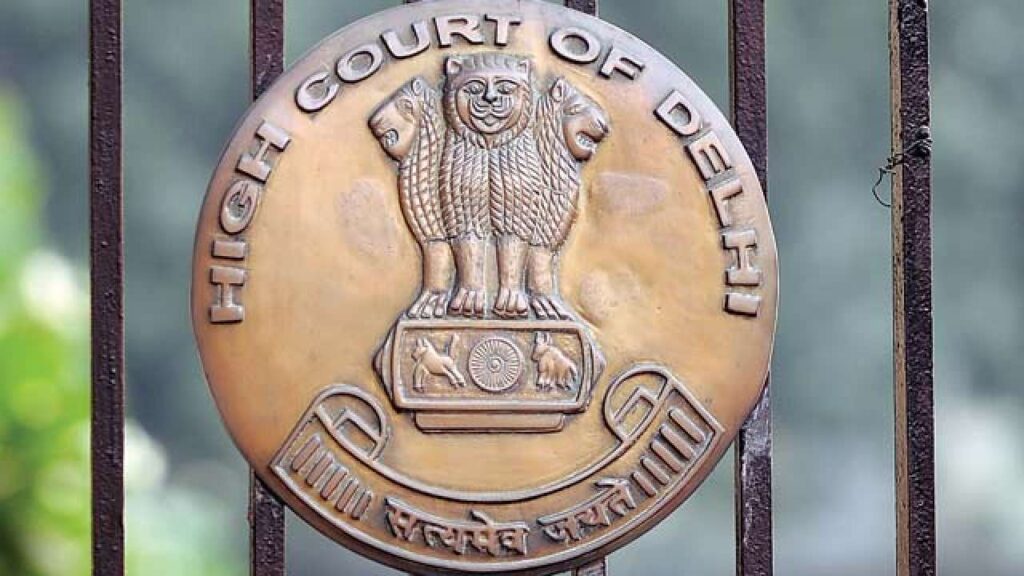Nithyakalyani Narayanan. V
The Delhi High Court has noted that e-commerce platforms have a duty to make sure that all of the sellers’ information is posted on their website so that customers are aware of both the company displaying the product and the sellers from whom they have acquired it. Judge Sanjeev Narula stated that the Consumer Protection (E-Commerce) Rules, 2020, impose a section 5 obligation on the e-commerce platform to provide the full geographic address, customer care number, rating, and other feedback about the seller in order to enable customers to make an informed decision at the pre-purchase stage.
The court stated that it is crucial that e-commerce platforms are not used to promote product imitation and intellectual property rights violations, even as it acknowledged the critical role that these platforms play in providing new opportunities for small designers and businesses. The remarks were made by the court in the course of addressing a lawsuit brought by Abhi Traders, a clothes seller on Meesho.com. The e-commerce site and eight suspected “unlawful and unauthorised operators” were sued for allegedly exploiting its photos and images to offer clothing for sale. Additionally, a lawsuit was brought against John Doe, an unidentified person who might be one of several illegal parties exploiting Abhi Trader’s product photos for their own products.
The plaintiff retailer was granted a John Doe order by the court, which noted that the defendants were taking advantage of the merchant’s reputation by “egregiously exploiting” Abhi Trader’s product photos, listing visuals, and product designs for their own commercial gain. The plaintiff has established a case for the issuance of an ex-parte ad interim injunction in light of these facts and the full imitation that Defendant Nos. 2 through 9 and other unidentified Defendants have accepted, the court stated. Judge Narula banned the eight known defendants from replicating, copying, publishing, or copying any designs of the plaintiff’s apparel, “along with any other sellers” who were exhibiting their goods on the Meesho.com site.
According to the court, this injunction also covers the prohibition against duplicating any pictures, including photos, that are associated with the Plaintiff’s products. It also prohibited the defendants from copying any of the plaintiff’s designs or trademarks related to its apparel line. In addition, the court ordered Meesho.com to disclose every piece of information that could be found on the concerned vendors, such as their address, phone number, email address, total sales volume, facts about their GST, and payments received to them since the time the advertisements were posted.
To allow Defendant No. 1 to remove the aforementioned entries, Plaintiff was directed to provide a comprehensive list of infringing URLs to Defendant No. 1’s attorney within seven working days. The court stated that the aforementioned taking down must be completed in 72 hours. It further held that Meesho.com take “decisive action” to guarantee that each seller’s geographic address appears prominently in the invoices posted on its site. According to the court, this would improve accountability and transparency among sellers using the platform, making it easier to resolve any issues or questions pertaining to copyright or trademark infringement and guaranteeing compliance with legal and regulatory obligations.
Name of the case: Abhi Traders v. Fashnear Technologies Private Limited & Ors.
Bench: Justice Sanjeev Narula

